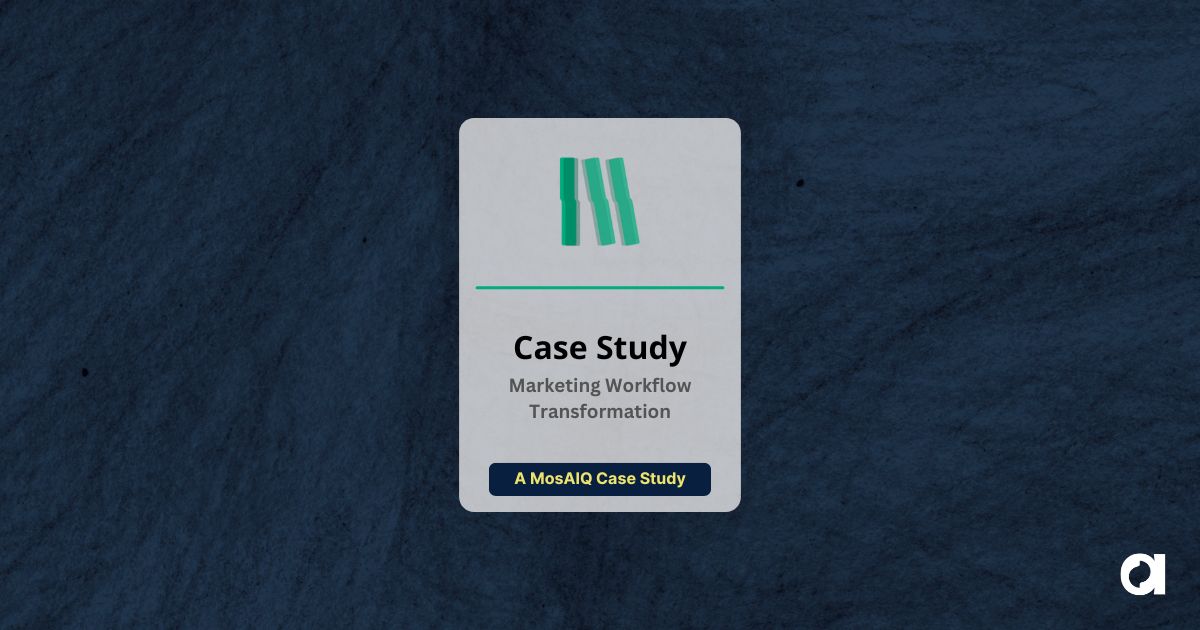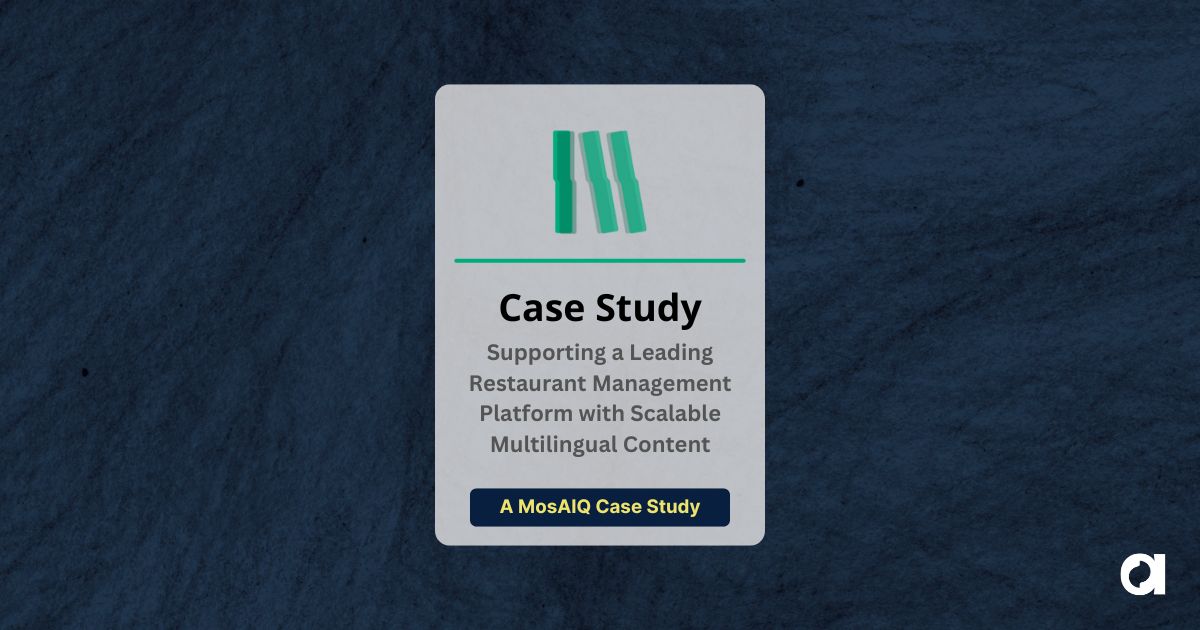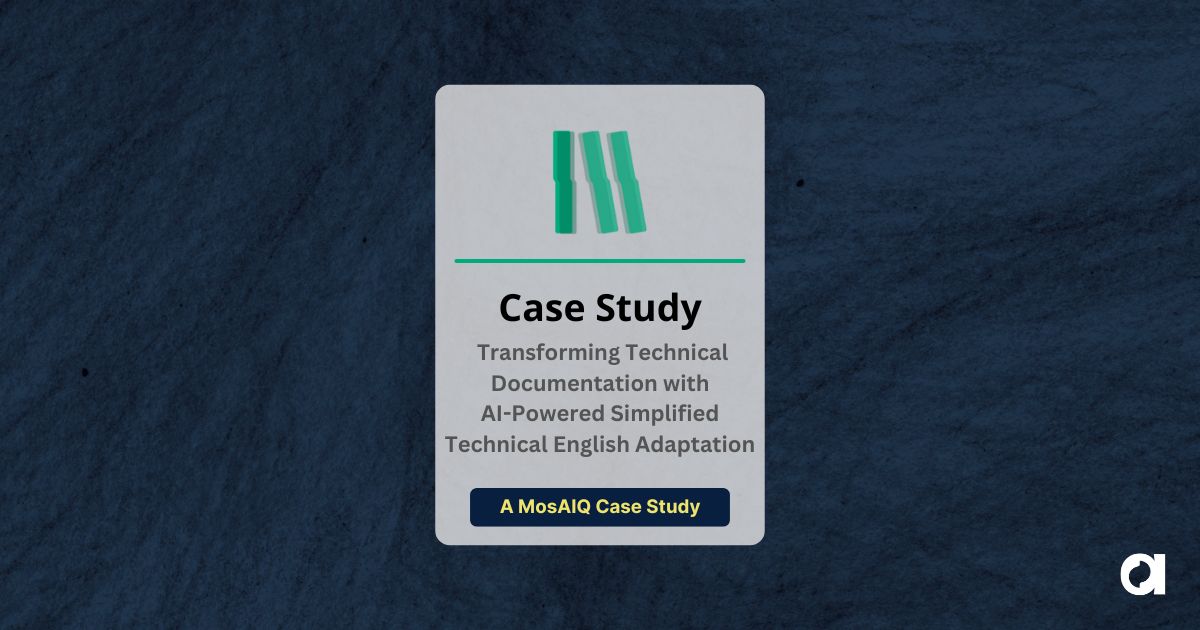In today’s international business landscape, the ability to communicate clearly and comply with local regulations is not just beneficial—it’s essential to doing business in the first place.
Globalization offers businesses unprecedented opportunities to expand their reach across borders, tapping into new markets and consumer bases. However, these types of opportunities require navigating complex local laws, cultural differences, and regulatory frameworks that vary widely from country to country. The key to unlocking these global opportunities lies in the ability to adapt through precise, effective localization.
Regulatory compliance is one of the most significant hurdles in this process, especially in complex business sectors such as life sciences, finance, and law.
- In the life sciences industry, products must meet stringent safety standards and regulations govern every aspect from clinical investigations to labeling and patient information.
- Financial organizations face rigorous oversight to ensure transparency, protect consumer data, and prevent fraud, governed by both local laws and international agreements.
- Similarly, the legal sector must navigate a complex web of jurisdiction-specific laws and standards, making accurate, localized communication a necessity for any operation, transaction, or agreement.
Localization’s Impact on Regulatory Compliance
Why is localization a critical strategy for regulatory compliance? Because it’s the mechanism used to tailor content to meet the specific legal and functional requirements of different markets and business sectors.
Localization is one of the keys to adhering to local regulations and facilitate successful international expansion. It’s not just about translating text from one language to another. It’s about creating content that’s fully adapted to meet local standards and regulatory requirements. Effective localization serves as a crucial component in achieving regulatory compliance, enabling businesses to operate smoothly across borders and meet the legal and cultural expectations of their global audiences.
A key reason for localization is the significant differences in legal and operational requirements between geographic locations. For instance, businesses must navigate a spectrum of data protection laws, such as the EU’s General Data Protection Regulation (GDPR), and adhere to a variety of country-specific health and safety regulations. Localization plays a crucial role in this context, ensuring compliance documents, privacy policies, and user agreements are both linguistically precise and legally compliant.
Culture also plays an important role in regulatory compliance. Localization ensures that content is culturally appropriate and resonates with the local audience, reducing the risk of misinterpretation or offense. By incorporating cultural considerations into content adaptation, businesses can strengthen compliance and build positive relationships with consumers in different markets.

The process of localization often includes targeted adaptations that meet the stringent regulatory requirements for each market. A few examples include:
Compliance with Data Protection Laws: As we mentioned above, companies entering the EU must align with GDPR, requiring more than translating privacy policies. A thorough understanding of GDPR requirements, like explicit consent for data collection, is needed. Localization makes these mandates clear for European audiences, while also supporting customer trust and data transparency.
Adapting to Health and Safety Regulations: In life sciences, launching a new medicine or medical device demands localization to meet regulations such as the European Union’s Medical Device Regulation (MDR). Under MDR, each country can determine what languages labels, safety warnings, usage instructions, and patient information should be translated into, which supports patient safety.
Financial Reporting: Financial entities must localize reporting documents to comply with International Financial Reporting Standards (IFRS) or local standards, reflecting the financial practices and legalities of each market. This is crucial for maintaining transparency and investor trust.
Legal Documentation: For international transactions, legal documents need localization to match the legal and contractual standards of the target market, ensuring enforceability and reducing legal risks. Companies must often adapt their reporting and disclosure documents to meet the International Financial Reporting Standards (IFRS) or local equivalents. Failure to properly localize these documents can lead to legal disputes, financial losses, and damage to reputation.
Choosing the Right Localization Partner
Selecting the right localization partner is crucial for ensuring regulatory compliance and effective communication across international markets. When choosing a partner, prioritize those with industry-specific expertise who understand both language nuances and regulatory requirements. Look for firms offering localization solutions tailored to compliance needs, such as adhering to data protection laws or financial reporting standards relevant to your business.
Assess potential partners based on their track record and client feedback to ensure quality and accuracy. Seek partners who involve you in the process, maintain clear communication, and offer comprehensive support services. By partnering with a reputable firm that addresses your compliance and communication needs, you can operate confidently and successfully across global markets.

Navigating Global Compliance
In the world of international business, localization is one of the most powerful tools to ensure regulatory compliance across diverse sectors. By tailoring content to align with the specific legal, cultural, and functional demands of each target market, businesses meet regulatory requirements while also elevating trust with local audiences. This strategic approach enables companies to adhere to the complexities of international regulations with precision and agility, facilitating expansion into new regions while mitigating compliance risks.
Our Approach
At Argos Multilingual, we specialize in providing language services that help businesses comply with global regulations. Partner with us to navigate compliance regulations confidently and unlock international opportunities.
For more information on how we can support your content and regulatory compliance needs for all regions of the globe, contact us.
 Argos Multilingual
5 min. read
Argos Multilingual
5 min. read
Patient-centered care is a core principle in modern healthcare. In the most basic terms, patient-centered care emphasizes that healthcare should be tailored to each patient’s unique needs, preferences, values, and circumstances. This approach has been shown to significantly improve healthcare outcomes, creating environments where patients feel valued, understood, and are more engaged in their care. […]

 Argos Multilingual
4 min. read
Argos Multilingual
4 min. read
Consisting of Iceland, Liechtenstein, Norway, and Switzerland, the European Free Trade Association (EFTA) is a regional trade association that plays a key role in shaping trade dynamics, particularly within the European Union (EU). Despite not being EU members, EFTA countries align their regulations closely with the EU to ensure seamless trade and regulatory cooperation. This […]











